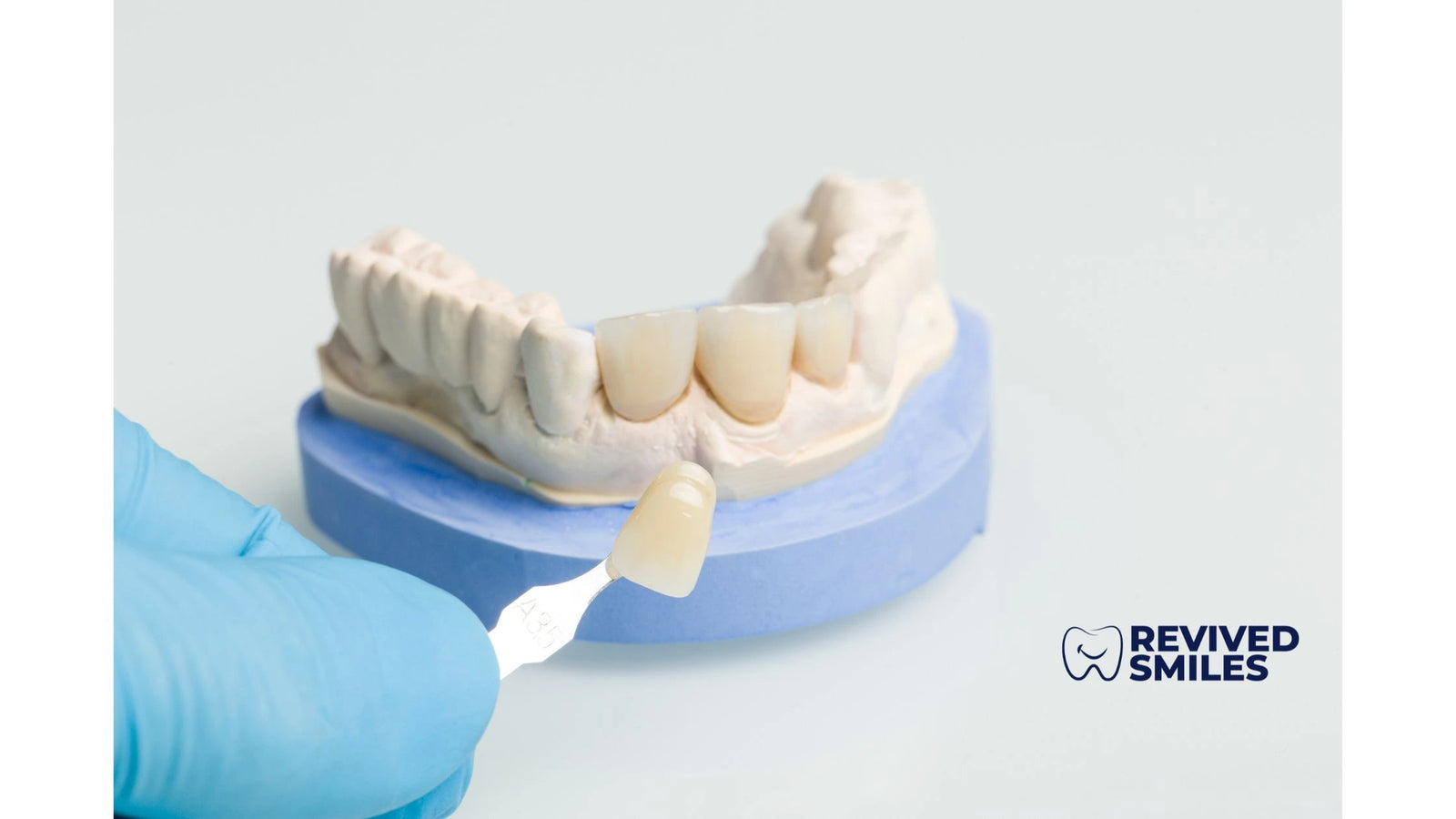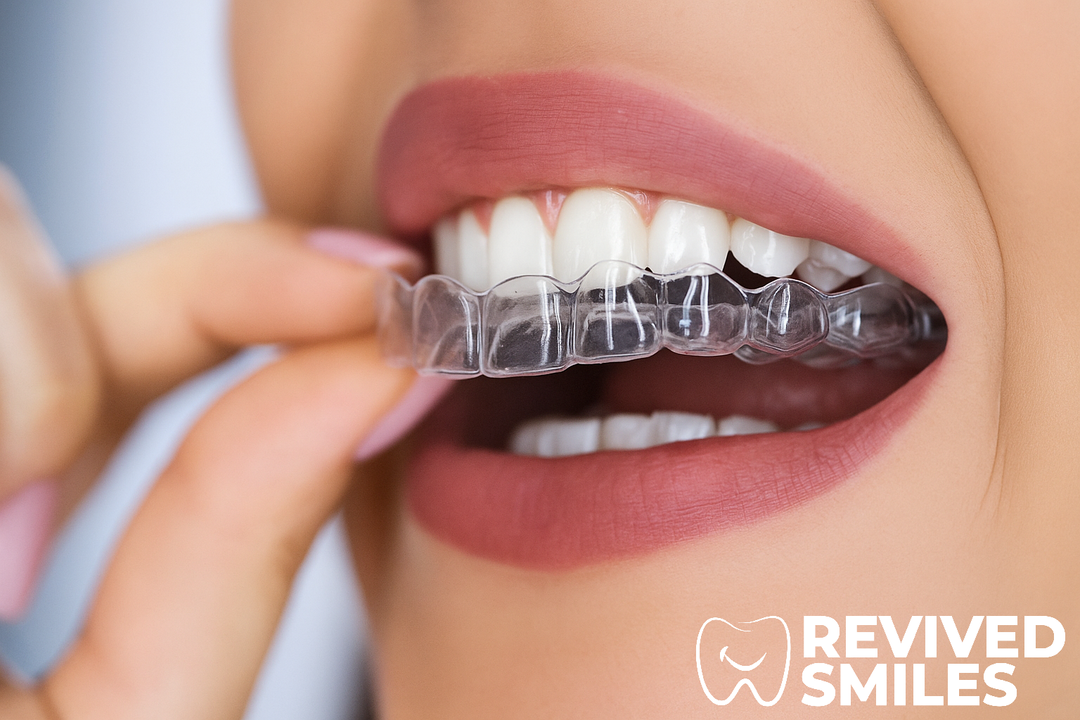The Need-To-Know Pros and Cons of Veneers

Dental veneers have become a popular solution in cosmetic dentistry for enhancing the appearance of teeth. These thin shells, typically made of porcelain or composite resin, are custom-made to fit over the front surface of teeth, offering a way to correct various dental issues such as discoloration, chips, gaps, or misalignment. However, like any dental procedure, veneers come with their own set of pros and cons. In this article, we'll delve into the advantages and disadvantages of dental veneers, and explore why individuals might or might not consider them as an option.
Pros of Veneers
Improved Aesthetics
One of the primary benefits of dental veneers is their ability to instantly improve the appearance of one's smile. They offer a way to achieve a brighter, more uniform look, effectively addressing issues like severe discoloration, minor misalignments, gaps, and chips. Veneers are tailored to match the shape and color that best fits the patient's natural teeth, resulting in a natural and appealing appearance.
Durability and Longevity
When properly cared for, porcelain veneers can last between 10 to 15 years, and sometimes even longer. They are made from materials that are resistant to stains and chips, making them a durable option for enhancing dental aesthetics. Composite resin veneers are slightly less durable but still offer a considerable lifespan with proper maintenance.
Minimal Tooth Structure Removal
Unlike crowns, veneers require the removal of a small amount of tooth enamel, which means more of the natural tooth structure is preserved. This aspect of the procedure is appealing to many patients who are concerned about preserving as much of their natural tooth as possible.
Resistance to Stains
Porcelain veneers, in particular, are highly resistant to staining. This makes them an excellent option for patients looking to correct discoloration while also wanting to maintain a whiter smile without constant worry about foods or drinks staining their teeth.
Cons of Veneers
Irreversible Procedure
The process of applying veneers involves the removal of a layer of tooth enamel, which is an irreversible procedure. Once the enamel is removed, the patient will always need to have veneers or some other form of dental covering to protect the tooth.
Cost
Veneers can be expensive, with the price varying depending on the material used and the number of teeth being treated. Porcelain veneers tend to be more costly than composite resin veneers, making them a significant investment.
Sensitivity
Some patients may experience increased sensitivity to hot and cold temperatures following the placement of veneers due to the removal of the enamel. While this sensitivity usually diminishes over time, it can be an uncomfortable side effect for some.
Not Suitable for Everyone
Veneers are not a one-size-fits-all solution. They may not be suitable for individuals with unhealthy teeth (such as those with significant decay or gum disease), weakened teeth (due to fracture, large dental fillings), or for those who have habits such as teeth grinding or clenching that could damage the veneers.
Conclusion
Dental veneers offer a compelling option for individuals looking to improve the appearance of their smile. They provide a relatively quick and long-lasting solution to a variety of dental issues, enhancing both the aesthetics and function of the teeth. However, the decision to get veneers should not be taken lightly. It's important for patients to consider the irreversible nature of the procedure, the cost, and whether their dental health and habits make them good candidates for veneers.
Prospective patients should consult with a dental professional to discuss their specific needs and expectations. A thorough evaluation by a dentist can help determine if veneers are the right choice and can ensure that patients are well-informed about the procedure, its benefits, and potential drawbacks. Ultimately, while veneers can significantly improve one's smile and confidence, they may not be the best solution for everyone.
Below are references that offer valuable insights into the advantages and disadvantages of dental veneers, guiding potential patients in making informed decisions.
-
American Dental Association (ADA): The ADA provides a wealth of information on various dental treatments, including veneers. Their resources can offer guidance on the procedure, care, and considerations for dental veneers, helping patients understand what to expect.
-
Academy of General Dentistry (AGD): The AGD publishes articles and papers on the latest advancements and research in cosmetic dentistry. Their publications can provide in-depth analysis on the longevity, effectiveness, and patient satisfaction associated with veneers.
-
Journal of Cosmetic Dentistry: This peer-reviewed journal features studies and reviews on cosmetic dental procedures, including the use of porcelain and composite resin veneers. It offers scientific evidence on the outcomes, durability, and aesthetic results of veneers.





Leave a comment